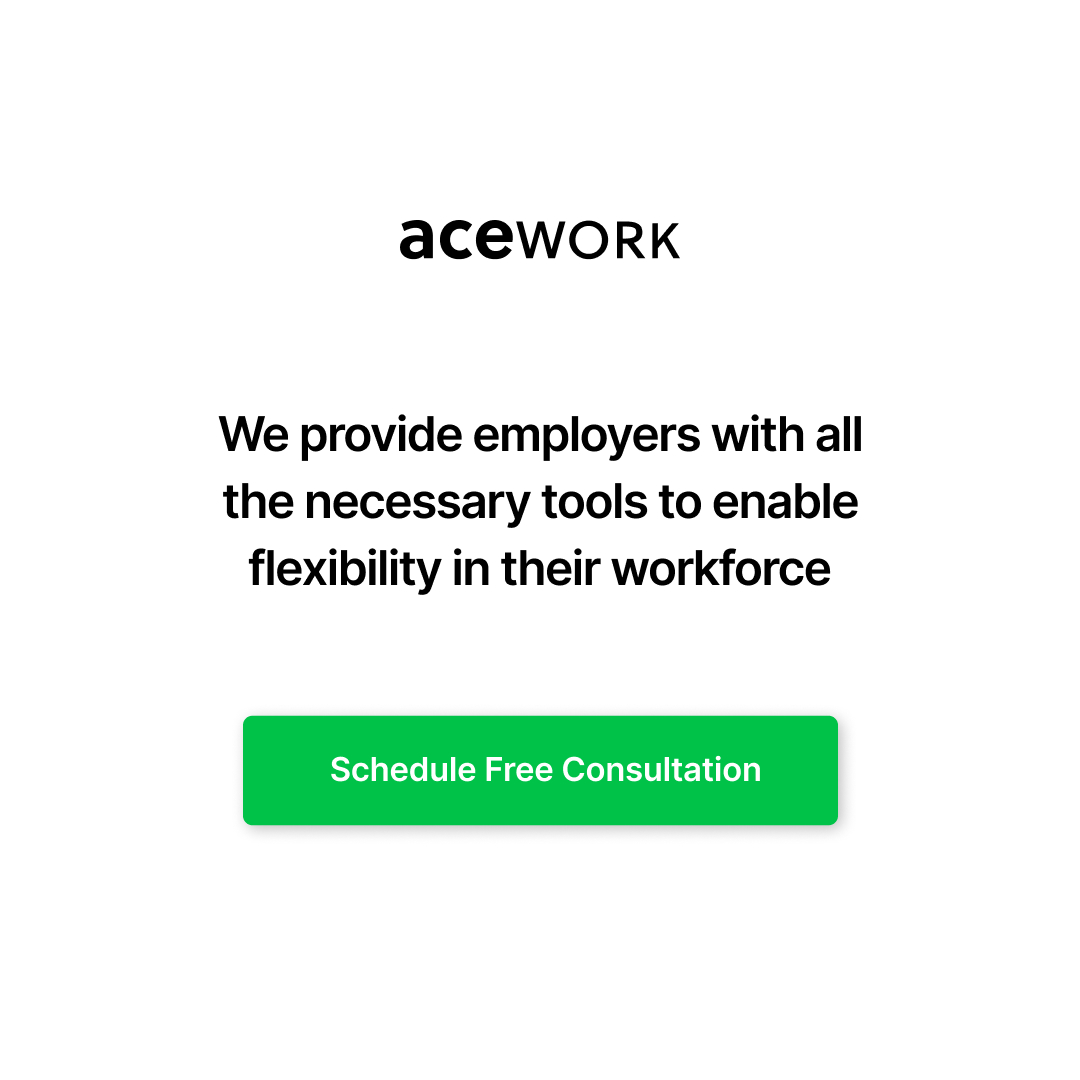It’s hiring season once again which means it’s important to create a streamlined remote hiring process to get those hard to catch perfect candidates. We went into this briefly in our 10 Best Practices for Remote Recruiters. The four key steps we dive into are:
- Identifying your ideal candidate.
- Using talent assessments.
- The interview pipeline.
- How to ace your onboarding process.
Step 1: Identifying your ideal candidate
Similar to requirements and nice-to-haves in the job description, the same goes for identifying your ideal candidate. This can include soft skills, hard skills, remote specific traits, location and language. These can in turn help with the job description as well. When potential candidates are looking at job descriptions, the role and candidate requirements can resonate, therefore bringing in more of your ideal candidates.
Another aspect of the candidate profile to implement is to use marketing tactics such as the buyer persona. This means focusing on the person’s feelings, goals and perception amongst many others. To dive in deeper check out our article Nail your candidate profile with marketing lessons.
What will be their role?
Defining what the role is and what they should bring to the table is the first step. If this is an already existing role then the person currently in that position can provide you with a list of day-to-day tasks. Speaking to additional team members that are part of the same department can also give you a clearer idea of the type of candidate you’re looking for. However, if this is a new position, looking at existing descriptions for the same role can work as an initial guide.
Define characteristics and hard and soft skills

Knowing the key hard and soft skills are important not only for you but for the applicant as well. Hard skills are abilities that can be measured. This can be skills like a programming language such as Javascript. Once the hard skill boxes are ticked this can then help narrow down your choices to a more relevant talent pool.
Soft skills are interpersonal abilities relating to how you work. Instead of being specific to the role or industry, soft skills can help you succeed in the workplace. When it comes to remote or flexible work, soft skills can be a defining factor if the candidate is the right fit. Remote workers will need several key soft skills; flexibility, time management, proactivity and communication among others. Without these they will most likely struggle in a remote working environment.
Another aspect to consider is the personality fit of the candidate with the company culture. With companies now embracing hybrid, flexible and remote work to different degrees, it is important to identify candidates who fit into and add to the working culture at your company.
Another aspect to remember is that job descriptions are literally describing the jobs that need to be done. However, *people* are not jobs. There are still many job descriptions out there that are far too long, not clear and unrealistic. This ends up being a big pain for all people involved in the recruitment process. In addition unclear priorities of requirements lead to final decisions that are easily biased, eventually leading to wrong hiring decisions.
Where are they located?
With normal office roles, this would mean hiring someone within reach of the office. However, when hiring remotely the first step is to know what type of remote role and company you’re hiring for. Once that’s defined you can further refine your search and sourcing based on location. More and more roles are becoming fully remote worldwide, however, for legal and timezone purposes you may want to search for candidates based on location such as US or EU only, or by specific countries, regions, continents or timezones.
??? Learn how to improve your talent pipeline with remote recruiting in our latest whitepaper for talent leaders ???
Step 2: Using talent assessments
If you haven’t implemented talent assessments yet then you’re two steps behind everyone else. In our article Talent Assessments for Remote Job Interviews we dig deeper into just how useful in the hiring process they can be. Using the right talent assessments can speed up the process by identifying relevant candidates early on. Talent assessments also give candidates their first more in-depth look at the company under the surface. It also shapes their view of your employer brand to help them figure out if they’re the right fit.
Why should you screen candidates?
- Saves time and effort later in the recruiting process
- Can eliminate 90% of the application pool
- Reduces employer turnover with better hiring decisions
- Increases flexibility in the interview process by covering skill-assessments early on
Potential remote talent assessments
- Work samples
- Job simulations
- Cognitive ability testing/Aptitude tests
- Screening questions
- Personality tests
- Gamification
Step 3: The interview process

You want to make sure your candidates understand your interview funnel in advance, this way you kick off the relationship with transparency which will benefit your candidate experience. This means telling candidates how many interviews there will be and why. As a recruiter, you should be keeping candidates in the loop to keep them engaged.
To guarantee your interview process is solid you have to include your hiring manager from the beginning. Every stage of the interview process needs to have a purpose and interviewers need to know what they are evaluating in each step and how to do that.
We all think we are great interviewers but the truth is we are all biased by our own lens! It’s very important to be aware of it to be able to implement a process to avoid this (as much as possible). Having a structured approach to the interview process will help you objectively assess your candidates. You will be improving your hires in terms of diversity but mainly you will be hiring based on specific interview outcomes and not somebody’s gut. You can check out how Google structures their interviews and their suggestions on how to make hiring decisions.
On the other hand, from the candidate’s perspective, they will gain a better understanding of the company and who they would be working with. With virtual interviews being much easier to schedule, make sure to involve different team members in the process. The only challenge with multiple interviews is that they can be lengthy and off-putting to top talent. The trick here is to make sure each stage has a reason and explain how both sides will benefit from it.
Step 4: Ace your onboarding process
A great onboarding experience can make or break the new hire. If a candidate has great experience that means they will start on the right foot which can, in turn, mean decreased turnover in the long run. Building trust starts with a flawless onboarding experience that can ease new employees swiftly into their new position and be productive from day 1.
Onboarding tasks should include a collection of all the required information, hardware, documents and data such as passwords. This can be done as part of an onboarding playbook such as a pdf or even a notion page. Take a look at Zapiers here. Other great additions are photos and short intros of all the staff or team members. This way new employees can begin to familiarise themselves with their virtual coworkers.
Part of the onboarding process can also include a buddy-up team member and an introduction to the team manager. Like in an office, the first week can be overwhelming, especially not knowing anyone. It can be even more isolating in a virtual space so it’s important to establish initial connections early on to combat first-day at work loneliness. Remember to also add new employees to relevant workspaces and Slack channels so they’re ready from day 1 and not waiting around to find out where everyone is hanging out.
Check out our 5 Key Tips for Onboarding Employees Remotely to really ace your onboarding process and have a new happy and healthy employee!
At acework, we enable businesses to build their successful distributed workforce. We can help you find and hire experienced professionals looking for flexible career opportunities. Our advisory creates actionable strategies for companies based on their culture, processes, and business needs. Schedule a free strategy session to start building your high performing diverse and distributed team.
If you are a candidate looking for work, don’t forget to visit our job board and save it to your favourites. We regularly post new roles there.







